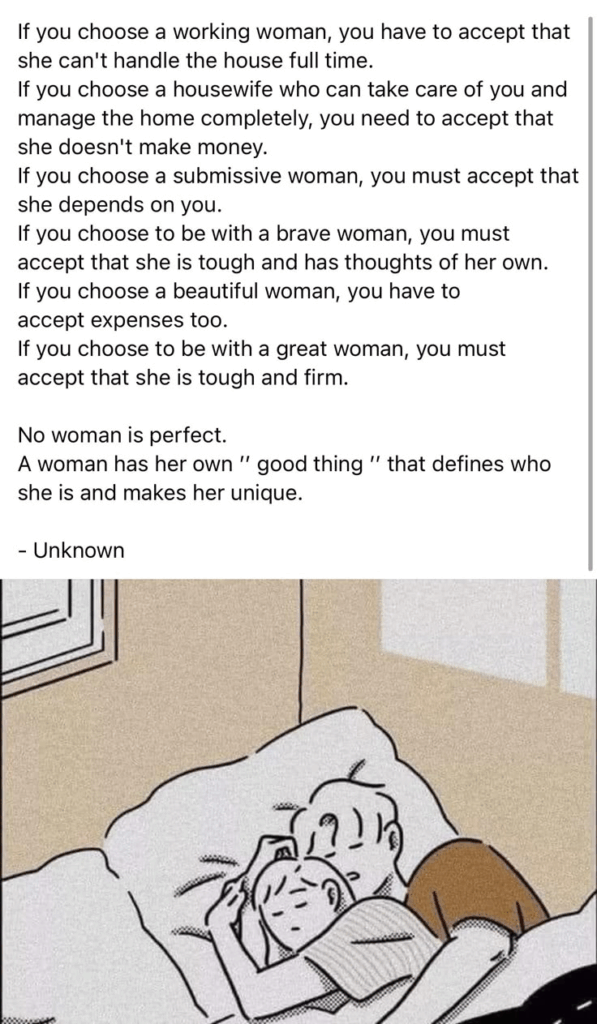
“Lose some weight and we’ll start looking for rishtas.”
“Fair skin just looks more elegant in bridal outfits.”
“Your age is starting to show—better hurry.”
If you’ve heard even one of these lines, welcome to the Desi daughter experience.
Whether you’re single, dating, or disinterested, you’ve likely been wrapped in a toxic mix of beauty standards, marriage expectations, and colorist comments that do real damage to your mental health.
It’s exhausting. And it’s not okay.
But guess what? You don’t have to quietly endure it anymore.
The Problem Isn’t You—It’s the Pressure
South Asian girls are taught from a young age that our value is conditional:
- Look a certain way
- Be marriage material
- Don’t speak up too much
- But also don’t be too quiet
This impossible double standard leads to:
- Low self-worth
- Body image issues
- Anxiety and avoidance in family settings
- Fear of rejection based on appearance or weight
Let’s be real: Rishta culture isn’t just a process—it’s a performance.
And too many of us are breaking under the pressure.
You Deserve to Be Loved Without Shrinking Yourself First
Here’s what healing can look like:
🌸 Learning to detach your worth from your weight
🌸 Challenging auntie logic with actual emotional intelligence
🌸 Knowing that your skin tone, scars, or size do not disqualify you from love
🌸 Protecting your peace—even if it means pausing those rishta talks
🎤 Webinar Script Outline: “Breaking Stereotypes, Not Ourselves”
| Segment | Details |
|---|---|
| Intro (5 min) | Welcome attendees. Share your story or hook with a powerful quote: “I was told I was too dark to be seen as a bride—but I decided to be the light instead.” |
| Segment 1 – The Pressure to Be Perfect (10 min) | Discuss how marriage expectations and appearance standards impact mental health. Bring in real examples and stories from participants or anonymous submissions. |
| Segment 2 – Understanding Colorism & Body Shaming (10 min) | Explore the roots of colorism in South Asian culture. Share stats or media examples. Open up about how this has affected you or others. |
| Segment 3 – Healing Tools (10 min) | Introduce cognitive reframing, affirmations, therapy, journaling, and community support. Mention how to start setting emotional boundaries with family. |
| Segment 4 – Panel or Guest (10 min) | Bring on a mental health advocate, therapist, or another woman with a story of empowerment. |
| Q&A + Resource Drop (10 min) | Answer pre-submitted questions or live ones. Share a downloadable worksheet link. Invite participants to stay in touch or join the support circle. |
📝 Mental Health Reflection Table: Webinar Quote Exercise
Use the quotes below as journal prompts or group discussion starters after the webinar.
| Quote from Webinar | Reflection Prompt |
|---|---|
| “Your body is not a negotiation for love.” | In what ways have you felt pressured to change your body to be more “worthy”? |
| “Fair is not the standard—human is.” | What are some early messages you received about skin tone and beauty? |
| “I don’t owe my family a version of me that’s always pleasing.” | What’s one way you’ve shrunk yourself to fit family expectations? |
| “Saying no to a rishta isn’t rebellion—it’s self-respect.” | Write about a moment when you said no, and how it felt emotionally. |
| “Healing begins when you stop apologizing for existing.” | What’s one thing you can forgive yourself for today? |
No Responses